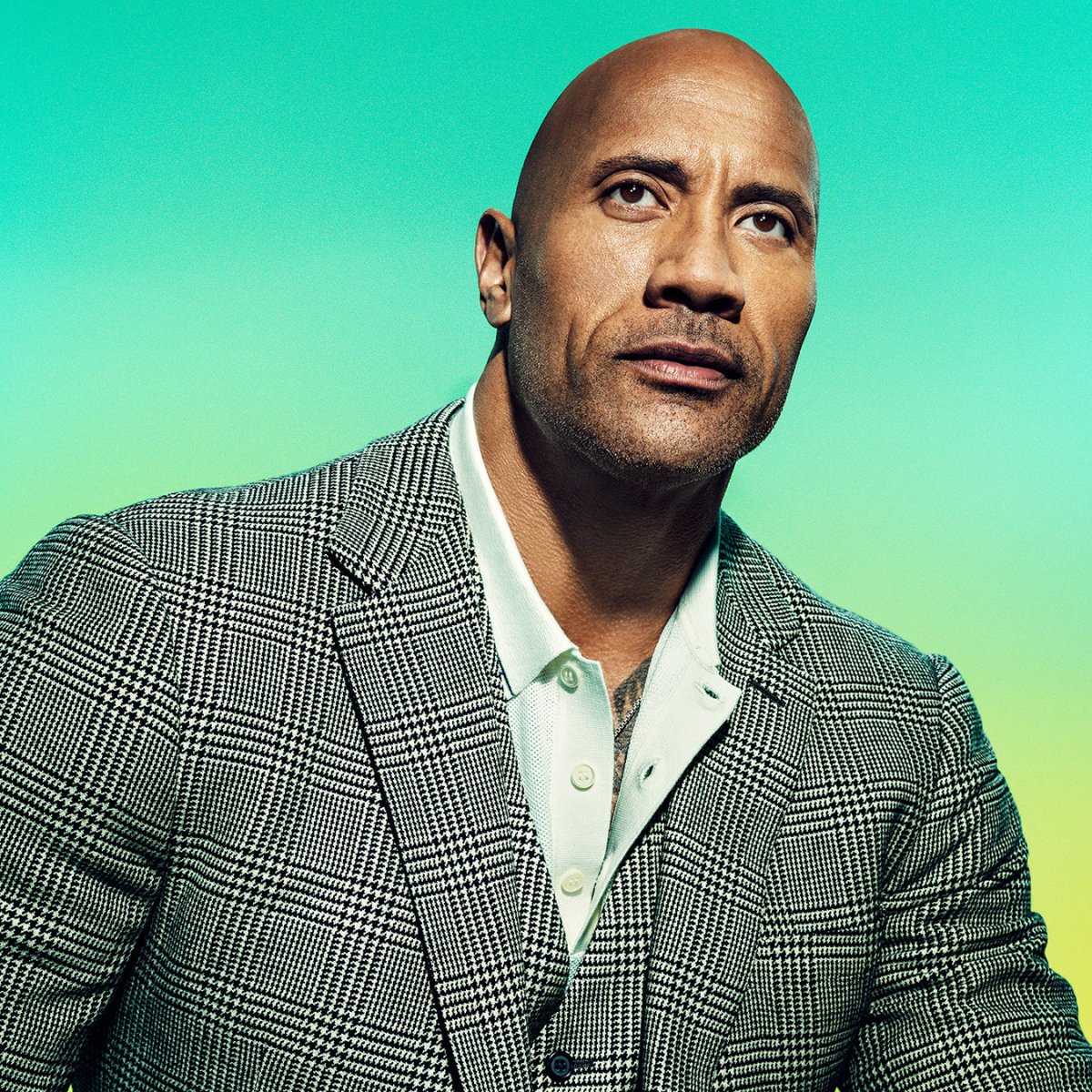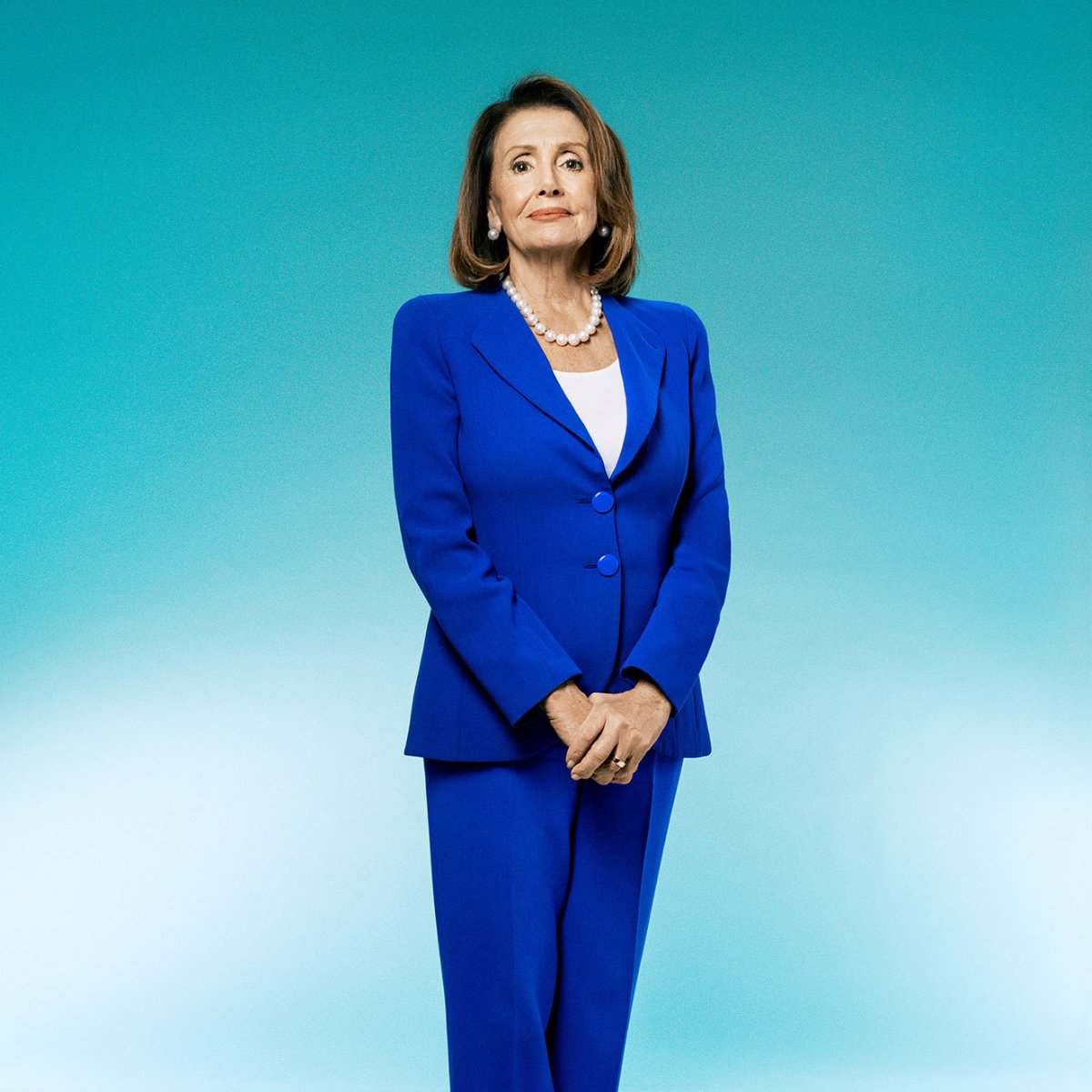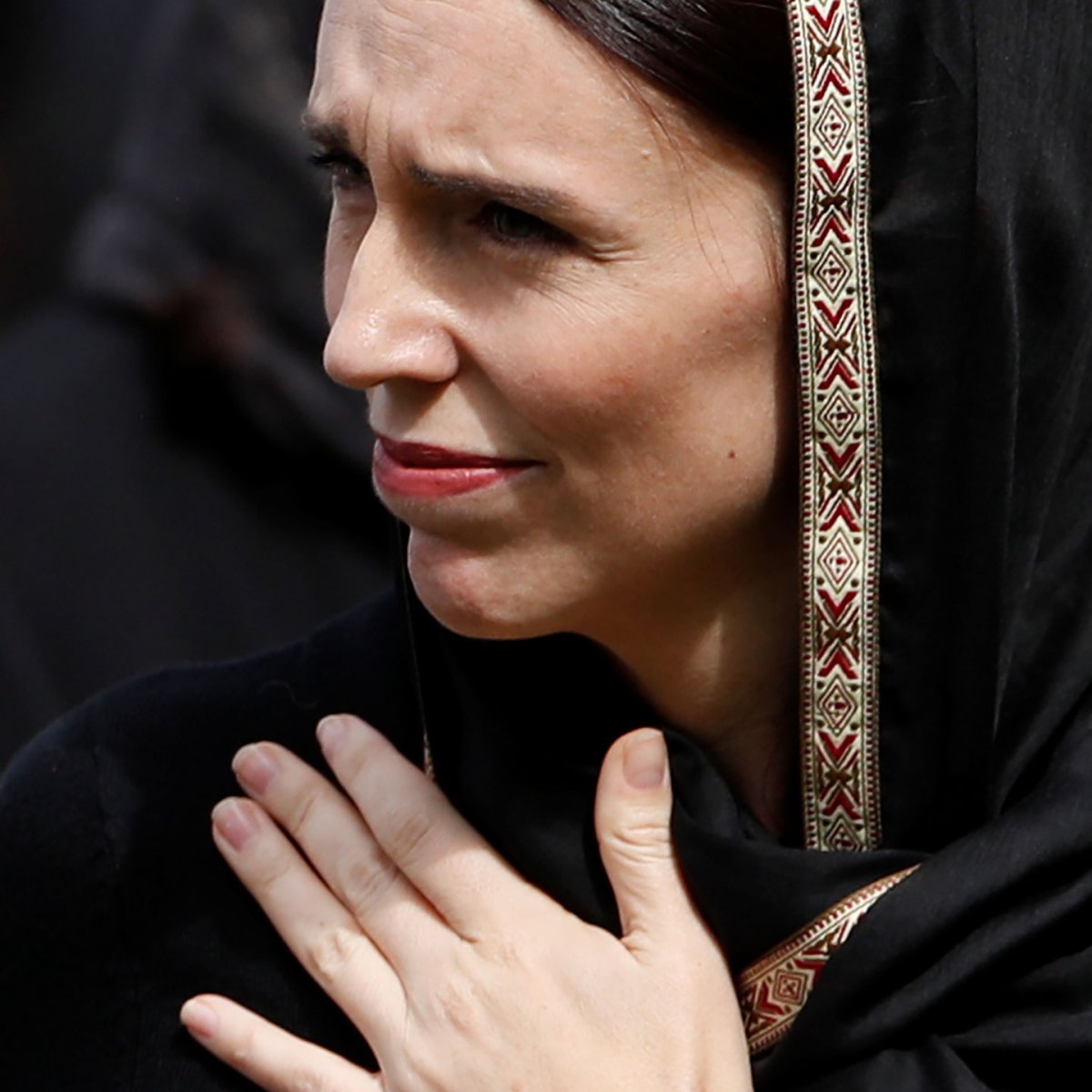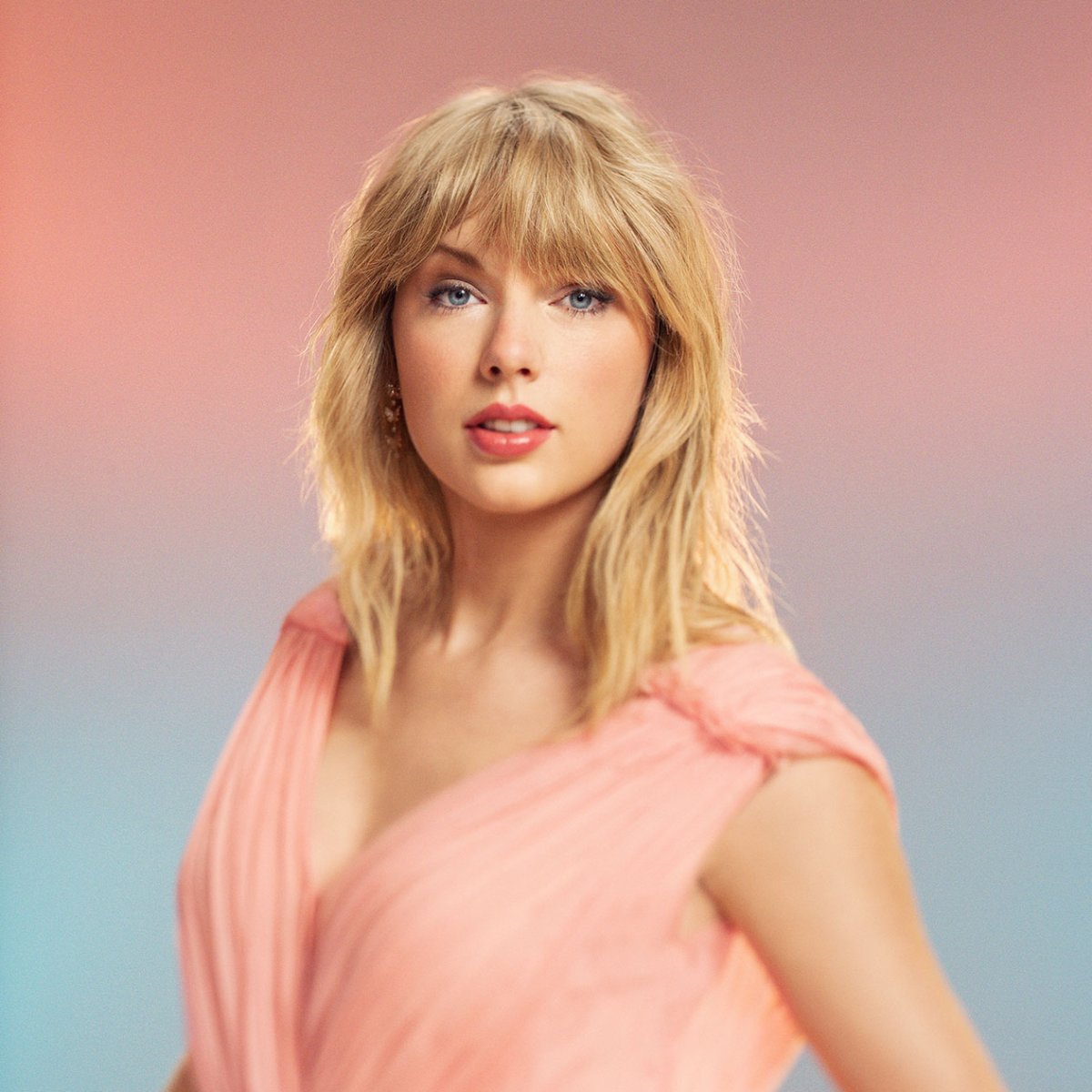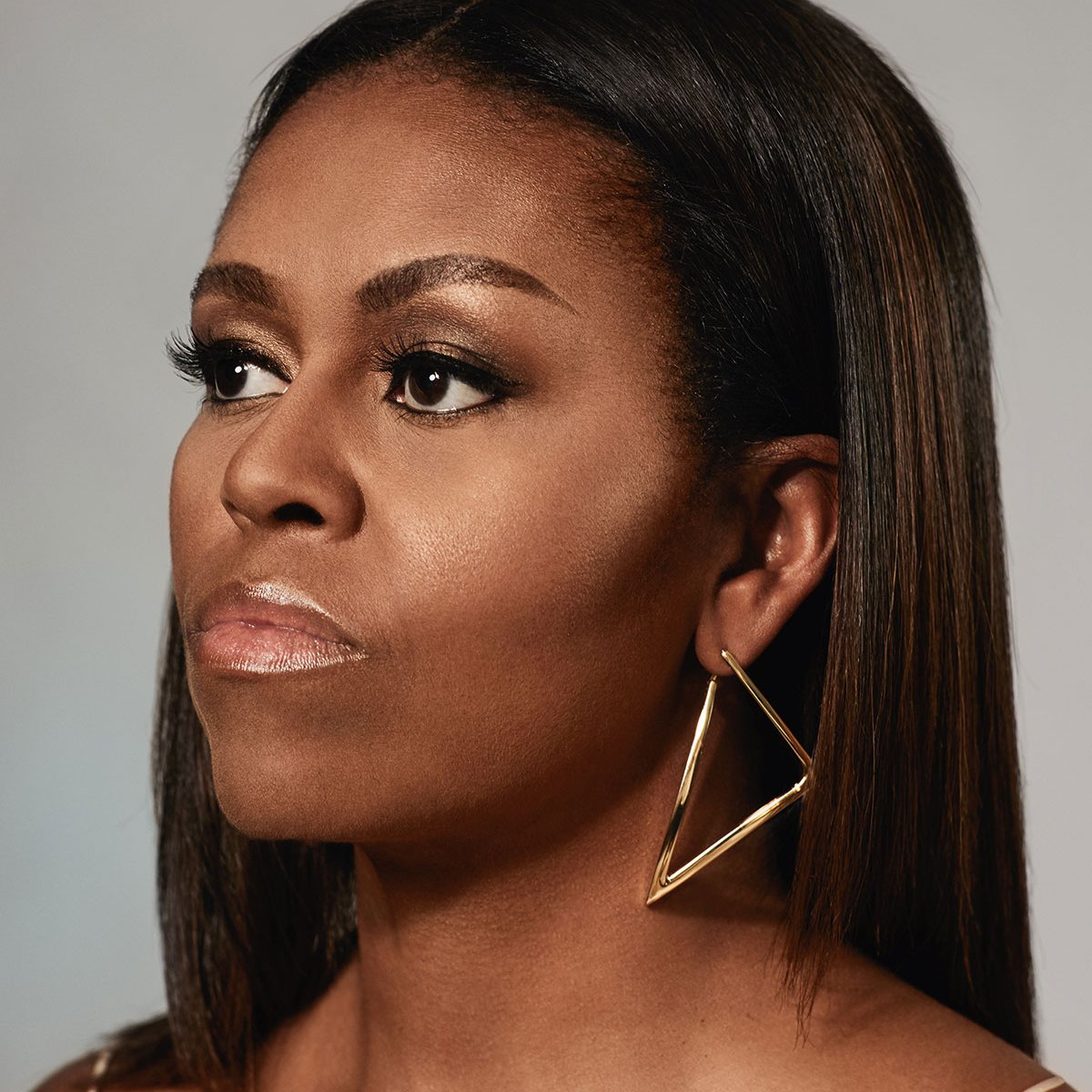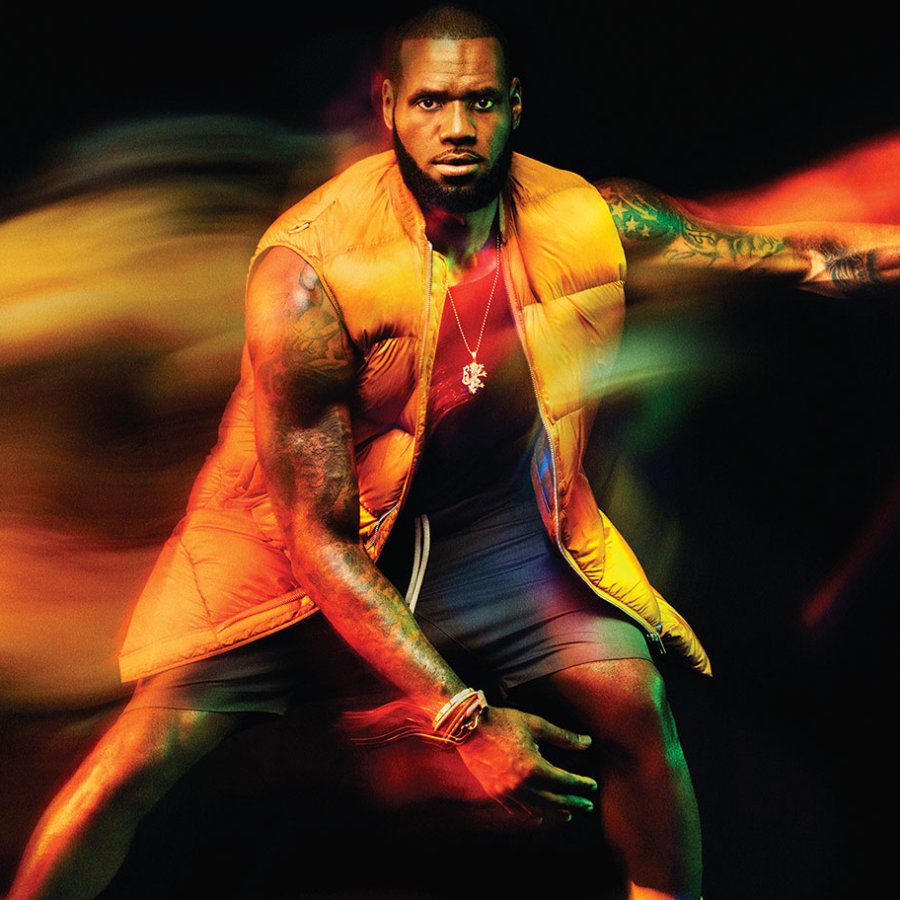Most Influential People2019
- Sandra OhBy Shonda Rhimes
- Indya MooreBy Janet Mock
- Marlon JamesBy Salman Rushdie
- Chrissy TeigenBy Eric Ripert
- Massimo BotturaBy JR
- Hasan MinhajBy Trevor Noah
- Samin NosratBy Alice Waters
- NinjaBy JuJu Smith-Schuster
- Arundhati Katju and Menaka GuruswamyBy Priyanka Chopra
- Naomi OsakaBy Chris Evert
- Leah Greenberg and Ezra LevinBy Ayanna Pressley
- Fred SwanikerBy Mo Ibrahim
- Lynn NottageBy Martha Plimpton
- Tara WestoverBy Bill Gates
- Adam Bowen and James MonseesBy Tom Miller
- Barbara Rae-VenterBy Paul Holes
- He JiankuiBy Jennifer Doudna
- Aileen LeeBy Kirsten Green
- Jay O'Neal and Emily ComerBy Dolores Huerta
- Shep DoelemanBy Lisa Randall
- Jane WalkerBy Pam Elam
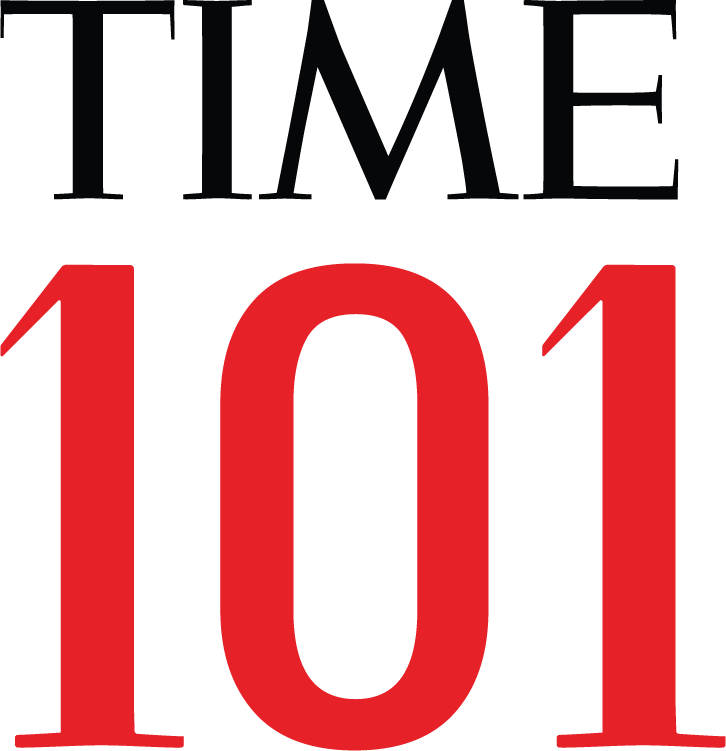 IN PARTNERSHIP WITHJANE WALKER BY JOHNNIE WALKER
IN PARTNERSHIP WITHJANE WALKER BY JOHNNIE WALKER
- Dwayne JohnsonBy Gal Gadot
- Regina KingBy Viola Davis
- KhalidBy Alicia Keys
- Emilia ClarkeBy Emma Thompson
- BTSBy Halsey
- Brie LarsonBy Tessa Thompson
- Joanna and Chip GainesBy Tim Tebow
- Ariana GrandeBy Troye Sivan
- Mahershala AliBy Octavia Spencer
- Glenn CloseBy Robert Redford
- Rami MalekBy Robert Downey Jr.
- Luchita HurtadoBy Hans Ulrich Obrist
- OzunaBy Daddy Yankee
- dream hamptonBy Tarana Burke
- Richard MaddenBy Kenneth Branagh
- Yalitza AparicioBy Alfonso Cuarón
- Clare Waight KellerBy Julianne Moore
- Nancy PelosiBy Hillary Rodham Clinton
- Donald TrumpBy Chris Christie
- Greta ThunbergBy Emma González
- Andrés Manuel López ObradorBy Jorge Ramos
- Alexandria Ocasio-CortezBy Elizabeth Warren
- Jacinda ArdernBy Sadiq Khan
- Juan GuaidóBy Juan Manuel Santos
- Abiy AhmedBy Feyisa Lilesa
- Mitch McConnellBy John Boehner
- Brett KavanaughBy Mitch McConnell
- Jane GoodallBy Leonardo DiCaprio
- Benjamin NetanyahuBy David French
- Zhang YimingBy Kai-Fu Lee
- Hoesung LeeBy Ban Ki-moon
- William BarrBy Rod Rosenstein
- Pope FrancisBy Archbishop Charles J. Scicluna
- Xi JinpingBy Jon Huntsman
- Leana WenBy Cynthia Nixon
- Imran KhanBy Ahmed Rashid
- Crown Prince Mohamed bin ZayedBy Ryan Bohl
- Cyril RamaphosaBy Vivienne Walt
- Robert MuellerBy Sally Yates
- Mahathir MohamadBy Clare Rewcastle Brown
- Matteo SalviniBy Steve Bannon
- Jair BolsonaroBy Ian Bremmer
- Zhang KejianBy Scott Kelly
- Taylor SwiftBy Shawn Mendes
- Michelle ObamaBy Beyoncé Knowles-Carter
- Spike LeeBy Jordan Peele
- Christine Blasey FordBy Kamala Harris
- David HockneyBy Edwin Becker
- Desmond MeadeBy Stacey Abrams
- Lady GagaBy Celine Dion
- Radhya AlmutawakelBy Bernie Sanders
- Pierpaolo PiccioliBy Frances McDormand
- Maria RessaBy Madeleine Albright
- Caster SemenyaBy Edwin Moses
- Mirian G.By Kumail Nanjiani
- Grainne Griffin, Ailbhe Smyth and Orla O'ConnorBy Ruth Negga
- Loujain al-HathloulBy Sarah Leah Whitson
- Mohamed SalahBy John Oliver
- LeBron JamesBy Warren Buffett
- Jennifer HymanBy Diane von Furstenberg
- Gayle KingBy Ava DuVernay
- Mark ZuckerbergBy Sean Parker
- Tiger WoodsBy Justin Timberlake
- Jeanne GangBy Anna Deavere Smith
- Bob IgerBy Michael R. Bloomberg
- Pat McGrathBy Beverly Johnson
- Alex MorganBy Mia Hamm
- Vera JourovaBy Margrethe Vestager
- Ryan MurphyBy Jessica Lange
- Mukesh AmbaniBy Anand Mahindra
- Ren ZhengfeiBy Charlie Campbell
- Marillyn HewsonBy Penny Pritzker
- Jerome PowellBy Janet Yellen
He Jiankui
By Jennifer Doudna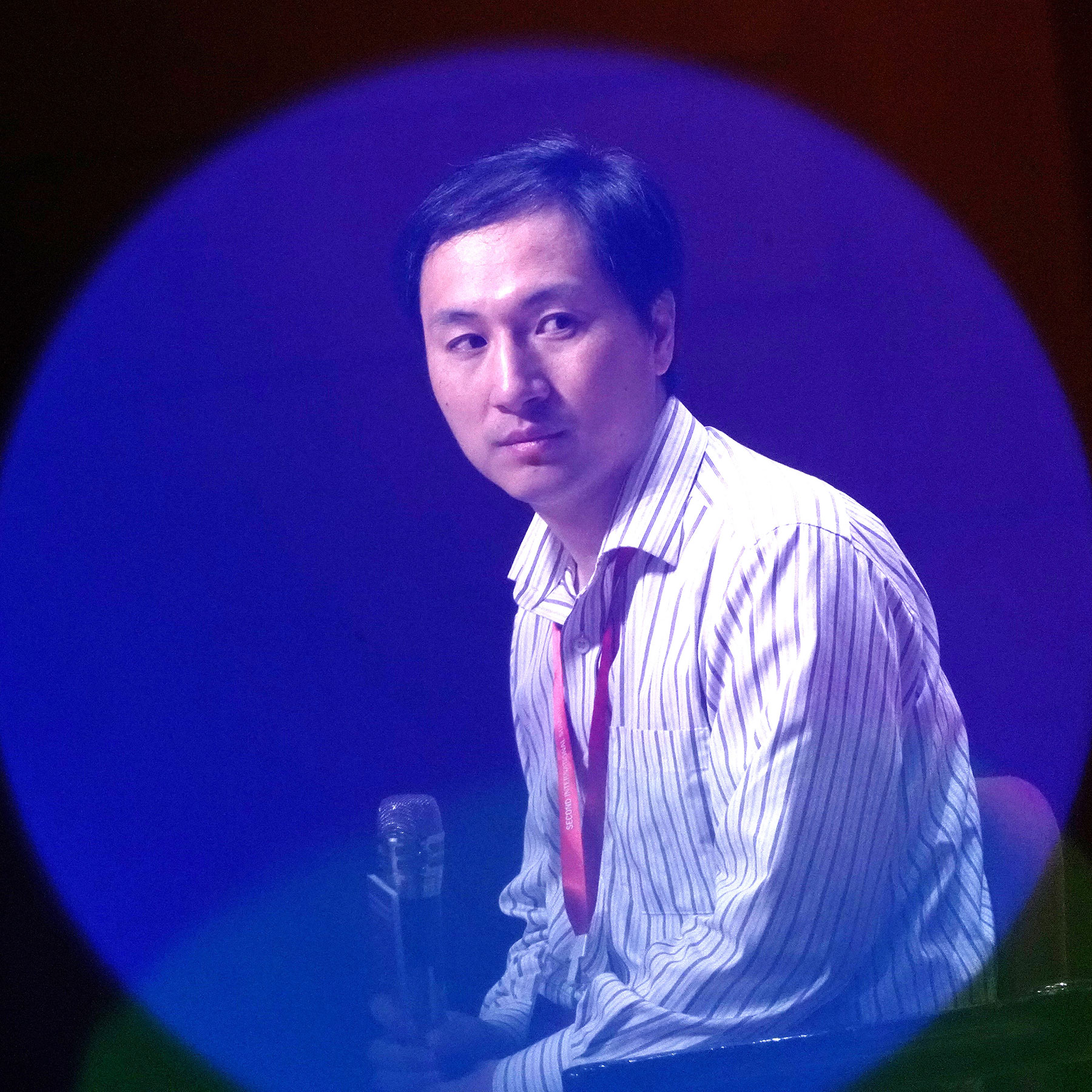
Scientist He Jiankui showed the world how human embryo editing is relatively easy to do but incredibly difficult to do well. Going against the consensus in the scientific community that CRISPR-Cas9 technology is still too experimental and dangerous to use in human embryos, he applied it to forever change the genomes of twin girls to give them immunity to HIV.
His reckless experimentation on the girls in China not only shattered scientific, medical and ethical norms, it was also medically unnecessary: while the girls’ father is HIV-positive, it’s rare for fathers to pass on the virus to their children, and if they do, potent drugs can now control the infection.
Since 2012, when CRISPR-Cas9 transformed research, scientists have purposely taken a cautious and deliberate approach, focusing on how to safely apply genome editing to cure genetic diseases, fight cancer, accelerate drug development, create transplant organs and develop more nutritious crops. Its potential to improve our lives is enormous. But its potential to harm, with unintended side effects, is still unknown.
As the scientific community now works to establish stronger safeguards, He’s fateful decision to ignore the basic medical mantra of “do no harm” and risk the unintended consequences will likely be remembered as one of the most shocking misapplications of any scientific tool in our history.
Doudna is a co-inventor of CRISPR-Cas9, a professor at the University of California, Berkeley, and a co-author of A Crack in Creation
